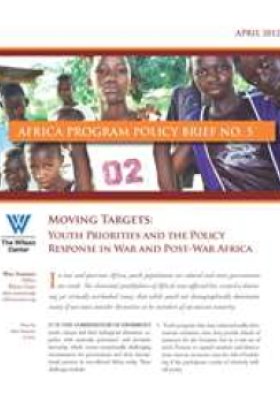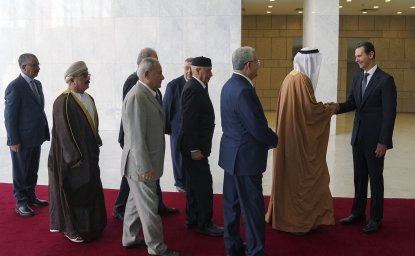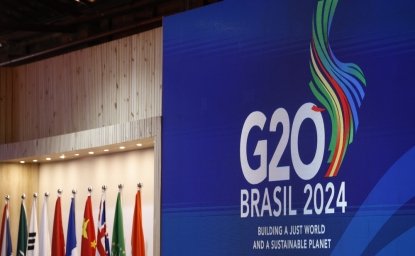Moving Targets: Youth Priorities and the Policy Response in War and Post-War Africa


In war and post-war Africa, youth populations are colossal and most governments are weak. The elemental youthfulness of Africa’s war-affected has created a daunting yet virtually overlooked irony: that while youth are demographically dominant, many if not most consider themselves to be members of an outcast minority.
It is this combination of enormous youth cohorts and their widespread alienation, together with unsteady governance and pervasive insecurity, which creates exceptionally challenging circumstances for governments and their international partners in war-affected Africa today. These challenges include:
· Youth programs that may unintentionally demonstrate exclusion, since they provide islands of assistance for the fortunate few in a vast sea of need. Pressure to expand numbers and demonstrate success, moreover, runs the risk of backfiring if the participants consist of relatively well-off youth;
· Government and international agency policies which are not youth-centered. Even when they claim to be, the policies often emphasize institutional priorities, not those of the marginalized youth majority;
· The social distance separating establishment figures who dominate government, community and civil society institutions from most youth. The gap is frequently vast, raising questions about the extent to which mainstream, elite government, community and youth leaders represent ordinary youth;
· The strong tendency to equate “youth” with male youth appears to enhance damaging stereotypes of males as potentially dangerous and of females as virtually invisible.
Author

Independent Consultant

Africa Program
The Africa Program works to address the most critical issues facing Africa and US-Africa relations, build mutually beneficial US-Africa relations, and enhance knowledge and understanding about Africa in the United States. The Program achieves its mission through in-depth research and analyses, public discussion, working groups, and briefings that bring together policymakers, practitioners, and subject matter experts to analyze and offer practical options for tackling key challenges in Africa and in US-Africa relations. Read more

Explore More
Browse Insights & Analysis
Why Attempts at Normalizing with Assad Didn’t Turn the Page on Syria

Без войны виноватые

